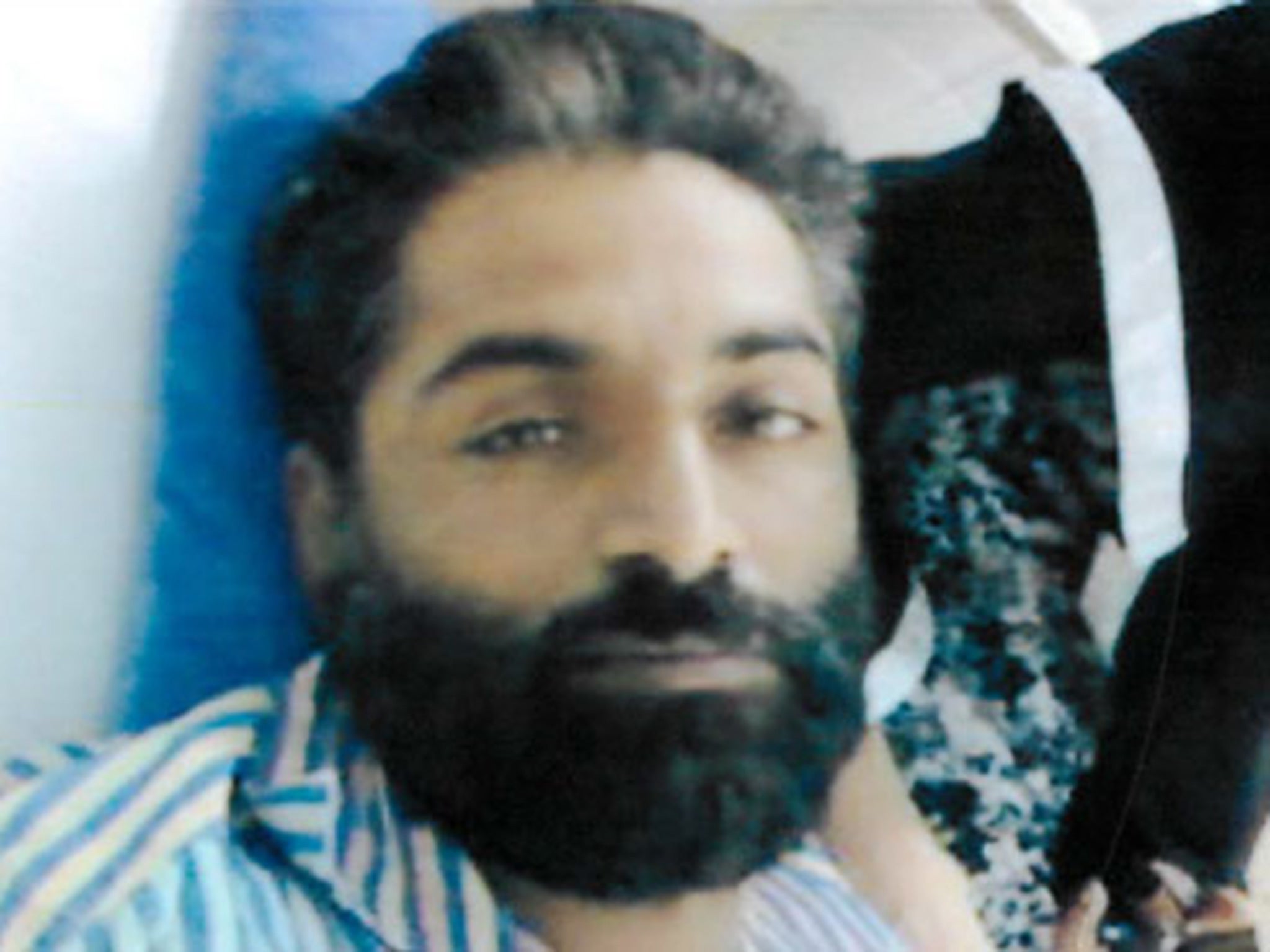Pakistan faces outcry over plans to execute two men - one disabled, the other a juvenile offender
Last week, Pakistan tried to kill wheelchair user Abdul Basit. This Tuesday, it will push ahead with the execution of Ansar Iqbal - who says he was 15 at the time of his arrest

Your support helps us to tell the story
From reproductive rights to climate change to Big Tech, The Independent is on the ground when the story is developing. Whether it's investigating the financials of Elon Musk's pro-Trump PAC or producing our latest documentary, 'The A Word', which shines a light on the American women fighting for reproductive rights, we know how important it is to parse out the facts from the messaging.
At such a critical moment in US history, we need reporters on the ground. Your donation allows us to keep sending journalists to speak to both sides of the story.
The Independent is trusted by Americans across the entire political spectrum. And unlike many other quality news outlets, we choose not to lock Americans out of our reporting and analysis with paywalls. We believe quality journalism should be available to everyone, paid for by those who can afford it.
Your support makes all the difference.Pakistan is facing growing international condemnation over plans to execute two men – one thought to be a juvenile offender, the other severely disabled.
Ansar Iqbal and wheelchair user Abdul Basit both face death by hanging, after their death sentences were upheld by the country’s Supreme Court.
Last week, it was reported that Mr Basit’s death was delayed after his severe paralysis meant he would be unable to walk to the gallows, as is required by the jail’s rules on carrying out executions.
Now, the campaign group Reprieve says that Mr Iqbal’s case involves a fundamental breach of Pakistan’s commitments to international law.
According to Reprieve, courts in Pakistan have refused to consider evidence from a birth certificate which appears to show that Mr Iqbal was 15 at the time of his arrest on murder charges in 1994.
Like many in Pakistan, Mr Iqbal’s birth was not registered at the time. He was issued a certificate earlier this year by Nadra, the National Database and Registration Authority – but court officials say it has come too late to be considered.
Maya Foa, director of the death penalty team at Reprieve, said: “It is a fundamental principle of Pakistani and international law that children should not be sentenced to death.
“In Ansar’s case, none of the documentary evidence of his juvenility that was presented to court was given proper consideration. Instead, the courts relied solely on an estimation of his age in the police record, and now Ansar faces death by hanging at dawn on Tuesday.
“Pakistan has already executed at least three people convicted as children since December. On Tuesday morning they risk hanging another. The Pakistani authorities must stay this execution and allow a full examination of the evidence.”
Join our commenting forum
Join thought-provoking conversations, follow other Independent readers and see their replies
Comments